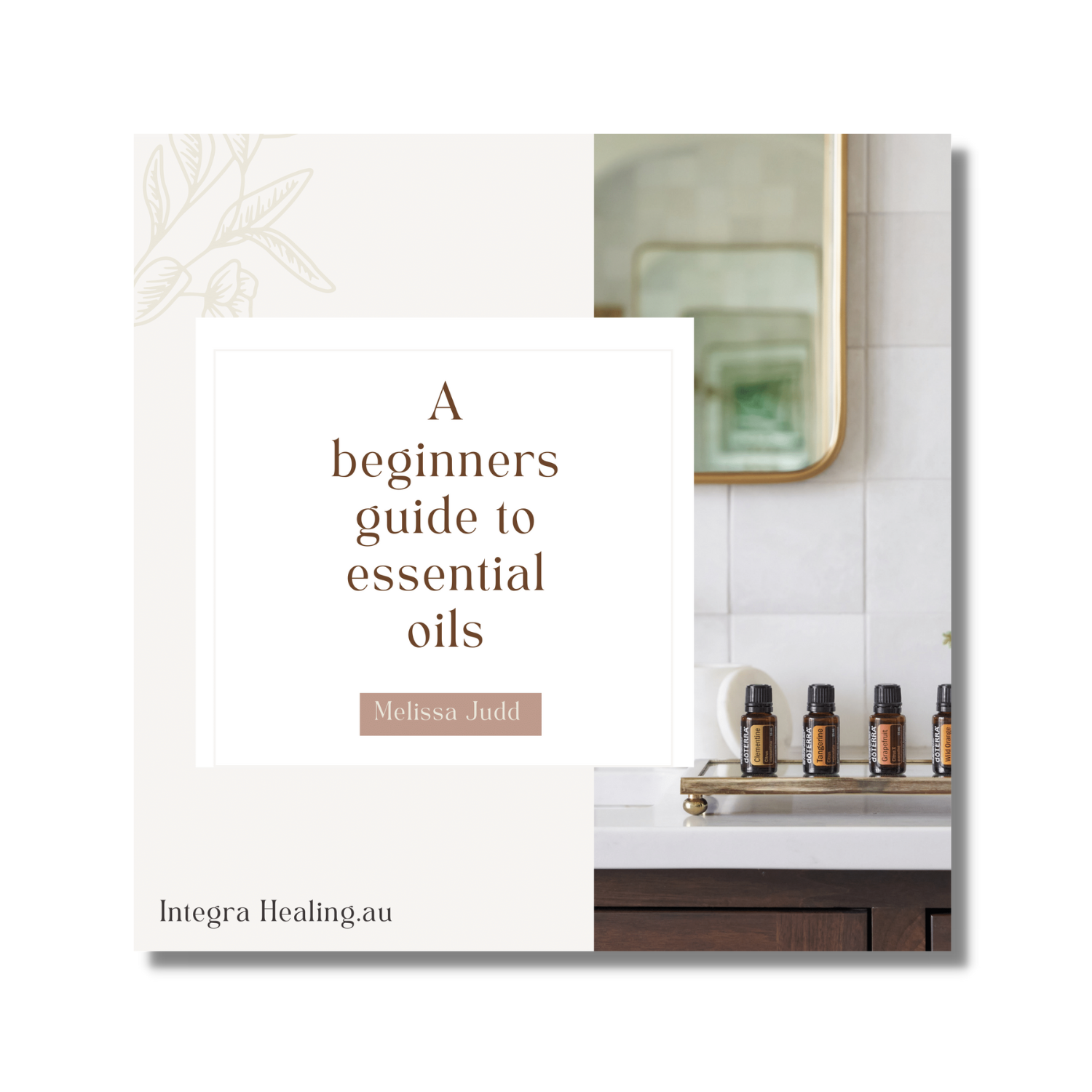Healing Through Journaling: Expressing Emotions And Finding Clarity
Journaling is a powerful tool for self-reflection, self-expression, and personal growth. Putting pen to paper allows us to explore our thoughts, emotions, and experiences in a safe and private space. In this blog post, we will delve into the healing potential of journaling and discuss how it can help us navigate our emotions, gain clarity, and promote overall well-being. Whether you're new to journaling or looking to deepen your practice, read on to discover the transformative benefits of this therapeutic tool.
Embracing Emotional Release:
1. Writing in a journal provides a cathartic outlet for our emotions. It allows us to express our joys, sorrows, frustrations, and fears without judgement or the need to filter our thoughts. By giving ourselves permission to freely pour out our feelings onto the pages, we release emotional energy, creating space for healing and growth.
Gaining Self-Awareness:
2. Journaling serves as a mirror that reflects our inner world back to us. As we write, we gain insights into our patterns, beliefs, and behaviours. We begin to recognise recurring themes, identify triggers, and understand the root causes of our emotional reactions. This self-awareness empowers us to make conscious choices and break free from unhelpful patterns.
Finding Clarity in Chaos:
3. Life can often feel overwhelming, with thoughts and emotions swirling in our minds. Journaling provides a structured and focused approach to sorting through the chaos. By organising our thoughts on paper, we untangle complex emotions, gain perspective, and find clarity in the midst of confusion. Writing helps us untangle the knots in our minds, leading to greater mental clarity and peace.
Uncovering Unconscious Patterns:
4. Through journaling, we tap into our subconscious mind and bring awareness to patterns that may have been operating beneath the surface. By regularly journaling, we start to notice recurring themes, limiting beliefs, and unhelpful thought patterns. This awareness allows us to challenge and transform these patterns, fostering personal growth and positive change.
Processing and Healing from Trauma:
5. Journaling can be a powerful tool for processing and healing from trauma. By allowing ourselves to express our experiences, emotions, and reactions on paper, we create a safe space for processing and integrating traumatic events. Writing can provide a sense of validation, release pent-up emotions, and facilitate the healing journey.
Setting Goals and Tracking Progress:
6. Journaling can help us set and track goals, whether they are related to personal development, health, or career aspirations. By writing down our goals, breaking them into actionable steps, and recording our progress, we create accountability and motivation. Journaling becomes a roadmap for personal growth, allowing us to celebrate achievements and learn from challenges along the way.
Cultivating Gratitude and Positive Mindset:
7. Incorporating gratitude journaling into our practice can shift our focus towards positivity and appreciation. By intentionally noting down things we are grateful for, we train our minds to seek out the good in our lives. Gratitude journaling can enhance our overall well-being, increase resilience, and foster a positive mindset.
Tapping into Creativity and Self-Expression:
8. Journaling is not limited to words alone; it can also be a space for artistic expression and creativity. Incorporate doodling, drawing, or collage-making in your journaling practice to tap into your creativity and engage different parts of your brain. This form of self-expression can be liberating and bring new insights and perspectives to your journaling process.
Journaling is a powerful tool for healing, self-discovery, and personal growth. By embracing this practice, we create a safe space for emotional expression, gain self-awareness, and find out more about ourselves along the way. Journaling DOES NOT replace therapy, it is a therapeutic tool that is used alongside many other tools to support improved mental health.






